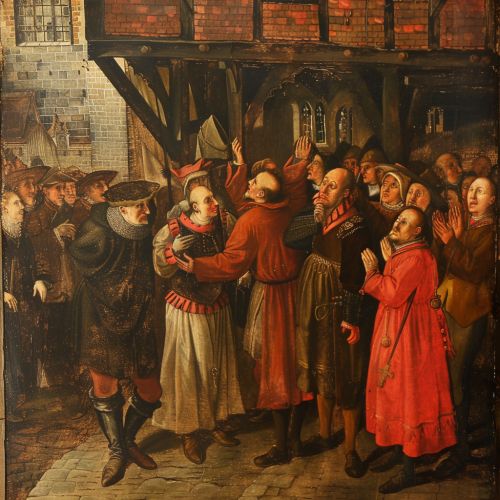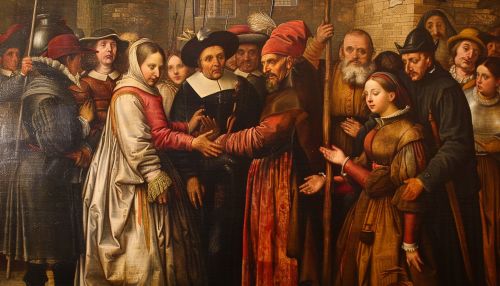Protestant Reformation
Origins
The Protestant Reformation was a major 16th-century European movement aimed initially at reforming the beliefs and practices of the Roman Catholic Church. Its religious aspects were supplemented by ambitious political rulers who wanted to extend their power and control at the expense of the Church. The Reformation ended the unity imposed by medieval Christianity and, in the eyes of many, signaled the beginning of the modern era.
Causes and early events
The start of the Protestant Reformation is generally identified with Martin Luther and his 1517 work The Ninety-Five Theses. However, the roots of the changes that led to this "break with Rome" can be traced back in the history of the Western Church over the centuries, and particularly within the medieval Church. The major causes of the Protestant Reformation include that of political, economic, social, and religious background.


Theology
The theology of the Reformers departed from the Roman Catholic Church primarily on the basis of three great principles. The sole authority of Scripture, justification by faith alone, and the priesthood of the believer. These principles are also known as the formal principle, the material principle, and the efficient principle of the Protestant Reformation.
Spread and development
The Protestant Reformation spread from Germany to Scandinavia, England, Scotland, Switzerland, and France. In these countries, the system of the Roman Catholic Church was thrown off rapidly, and Protestantism was established in the form of the State Church.
Impact and legacy
The Protestant Reformation led to modern democracy, skepticism, capitalism, individualism, civil rights, and many of the modern values we cherish today. The Protestant Reformation increased literacy throughout Europe and ignited a renewed passion for education.
